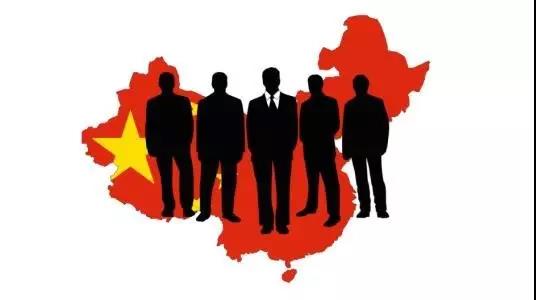
Monday, April 17, 2017
By Chen Yingqun
Value of Chinese private companies underestimated due to poor understanding among business community in the West
Western political and business circles lack a good understanding of China, especially its private companies and their founders, said Edward Tse, founder and CEO of Gao Feng Advisory Company.
Tse, a 20-year veteran of research into China’s economy and its entrepreneurs, pointed to a common misconception in the West that China’s economy and its companies consist mainly of State-owned companies.
That means there is a poor understanding of private companies and their value is greatly underestimated.
“Globally among Western think tanks, media and universities, there is very little understanding about Chinese businesspeople. In fact, these people have widely differing outlooks on many things and they like to discuss many issues.”
Maggie Cheng, secretary-general of the China Entrepreneur Club, the premier business leaders’ platform in the country, said that many Western companies are more than a century old and run by professional managers. But in a lot of Chinese private companies, the founders are still in charge.
Founded in 2006, the entrepreneur club has 60 members who are leading economists, scholars and mostly founders of Chinese private companies. Jack Ma, founder of Alibaba, is group chairman.
In many ways, China’s top businesspeople are similar to their Western counterparts, Cheng said. They are trustworthy, make good products and provide excellent services, face stiff competition and respect their rivals and their customers.
“If there is a difference, I think the Chinese are more entrepreneurial, have fresh ideas, a lot of energy and a lot of ambition. But Western companies tend to be more professional, and the management systems they have built are impeccable.”
Ma Weihua, president of the China Entrepreneur Club and former head of China Merchants Bank, said Chinese entrepreneurs face more complicated relationships and must deal more extensively with governments, financial institutions and State-owned companies.
This means they need to be more adaptable than Western business executives, who are able to spend more time on the “bread and butter issues” of their businesses.
Tse from Gao Feng said that he recognized a long time ago that Chinese private entrepreneurs are highly diligent, and many are making great strides in the way they operate.
“Chinese entrepreneurs are quite different to their Western counterparts.
Entrepreneurship has existed in the West for a very long time, but in China it dates back only 20 or 30 years.”
Chinese entrepreneurs once received little or no management training, he said, and it is only through the likes of MBA courses that people have been able to learn about systematic management.
Unlike Chinese entrepreneurs, many Western entrepreneurs are from middle-class families and have attended college, Tse said.
“The rules of society, including on doing business, are well developed in the West, with very specific rules and regulations that have been finely honed over time.”
But as conditions constantly change in rapidly developing China, he said, entrepreneurs have needed to create ideal circumstances for themselves in an environment that is far from perfect.
“Entrepreneurs elsewhere have not had to grapple with those kinds of difficulties. Nevertheless, more and more Chinese entrepreneurs are doing very well and succeeding in building up the wealth of their companies.”
Tse noted that more Chinese entrepreneurs have been going global and participating in joint overseas study trips in recent years.
However, he said that they must make greater efforts to increase their influence.
This can be done by increasing their investment overseas to help develop local economies and companies, he said.
Tse also suggested that Chinese entrepreneurs should strengthen their soft power abroad by taking part in more activities in local communities. This is the case with many non-governmental organizations or non-commercial multilateral organizations and foundations, such as those involved in healthcare.
“Chinese entrepreneurs should take part in more activities like this, including global economic governance. It is not business activities but nonbusiness activities that will strengthen China’s image in the world.”

